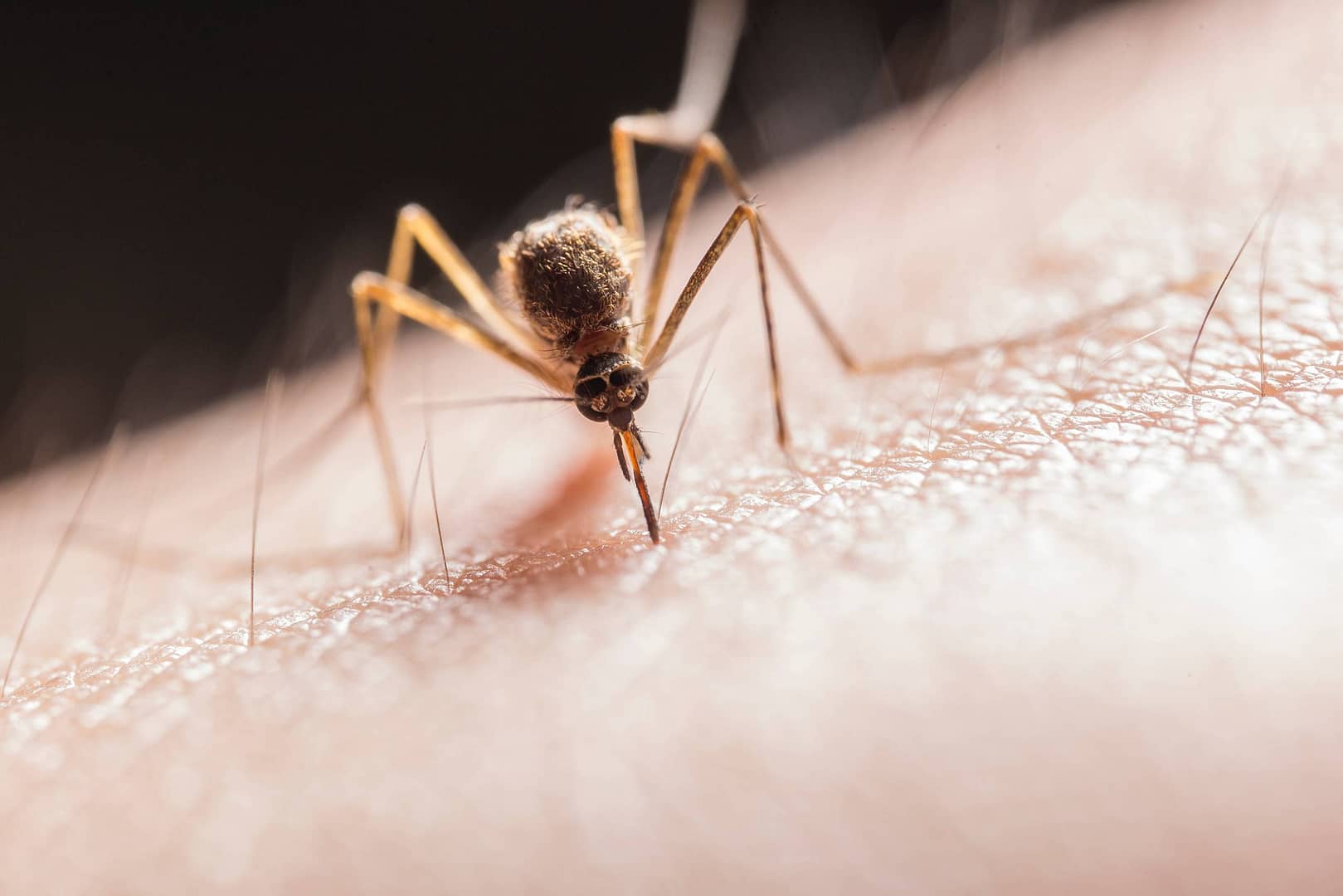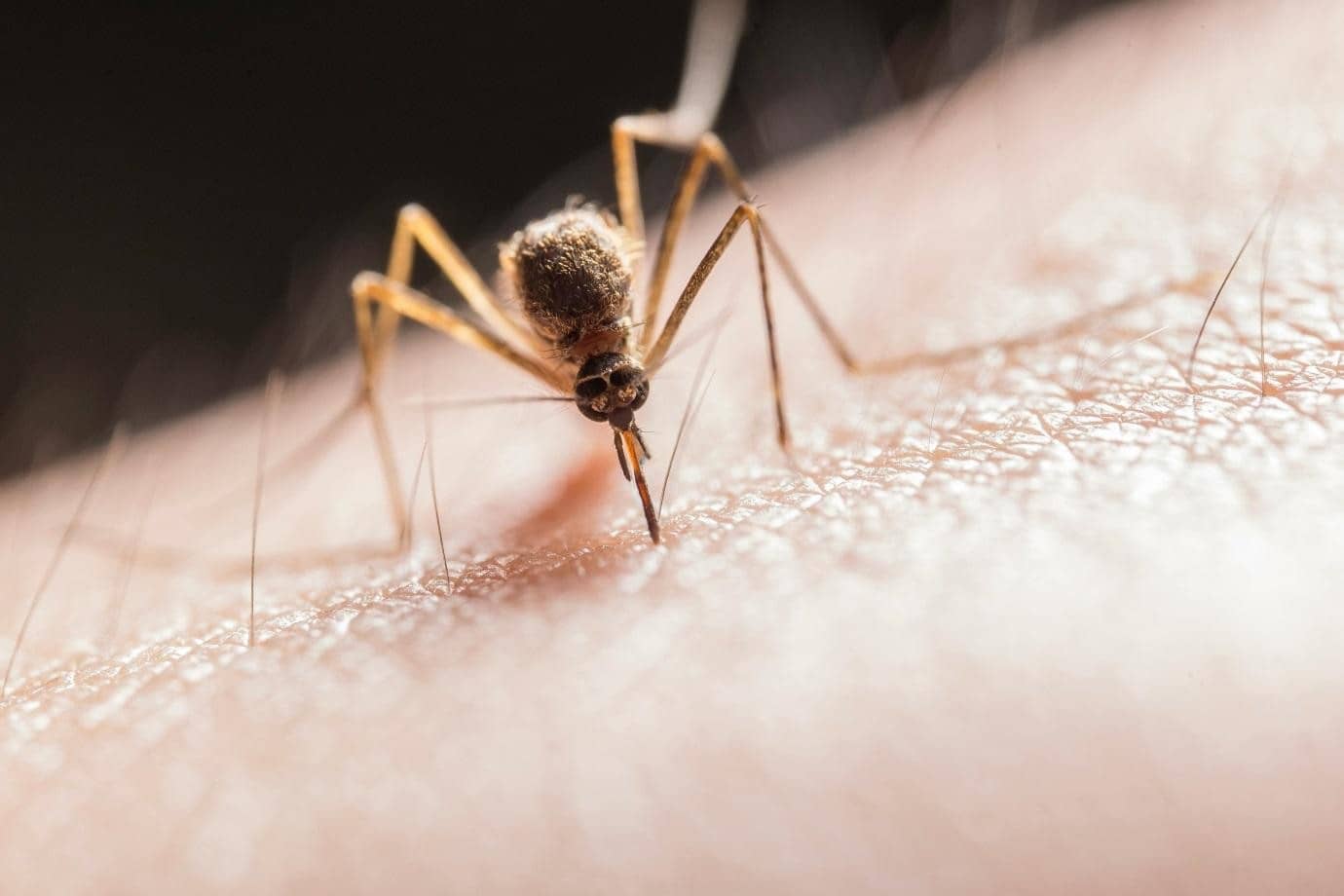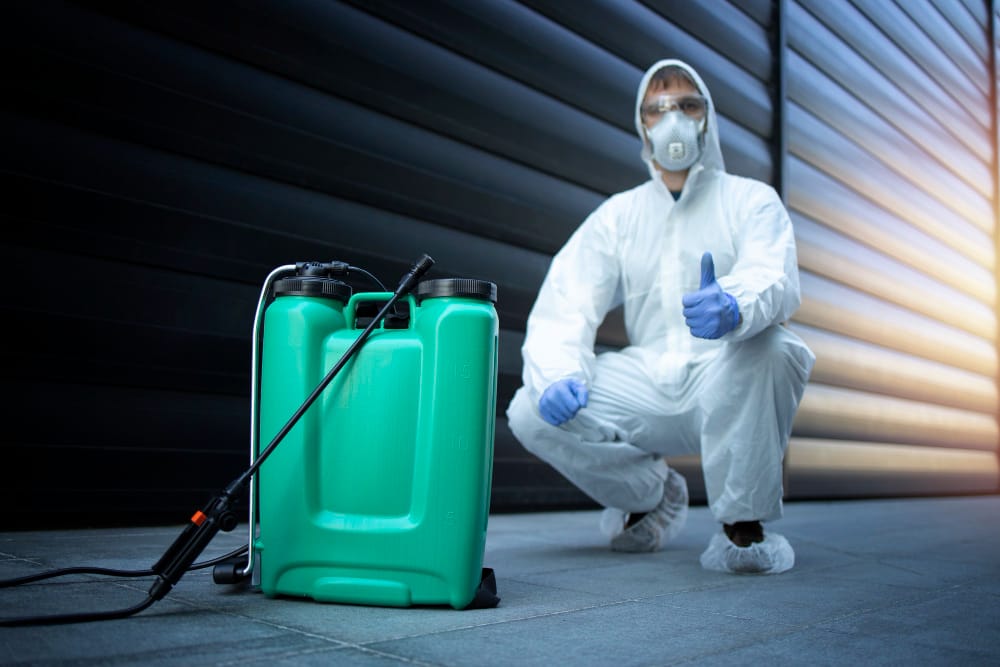Mosquitoes are a ubiquitous annoyance to humans, but certain species can also transmit viruses and parasites that cause diseases such as West Nile, dengue, Zika, and malaria. There are more than 200 species of mosquitoes in the United States and its territories, but only about 12 are known to transmit disease.
To combat the spread of mosquito-borne diseases, local government departments and mosquito control experts monitor the varieties and populations of mosquitoes and the pathogens they may be transmitting. When infected adult mosquitoes are discovered, prompt action can prevent the disease from spreading and keep people healthy. In addition to disseminating prevention information to the public, professionals employ multiple methods simultaneously to eliminate mosquito larvae and adults.
Municipal governments, such as county or city administrations, are responsible for mosquito control. A program’s mosquito control methods depend on the season, the species of mosquitoes to be controlled, and the mosquito habitats. Methods include:
- Eliminating mosquito larval habitats.
- Applying larvicides to eliminate mosquito larvae.
- Spraying adult mosquitoes with insecticides from trucks or aircraft.
Everyone can help control insects. Professionals from local government departments or mosquito control districts develop mosquito control plans, perform tasks to control mosquito larvae and adult mosquitoes, and assess the efficacy of their efforts. Your community’s mosquito control program or local health department can provide you with information regarding local control initiatives.
Individuals can control mosquito populations in and around their residences by taking the following measures:
- Eliminating Standing Water: Because mosquitoes breed in standing water, it is essential to eliminate any sources of standing water in your yard or around your residence. This includes old tires, flower planters, buckets, and other water-holding containers.
- Maintaining Clean Gutters: Since mosquitoes can breed in clogged gutters, keeping them clean and residue-free is essential.
- Installing Screens on Windows and Entrances can help prevent mosquitoes from entering your home.
- Insect Repellents containing DEET, picaridin, or oil of lemon eucalyptus can be used to prevent mosquito attacks.
- Wearing Protective Clothing, Long sleeves and trousers, as well as the use of mosquito nets, can help prevent mosquito bites.
Supporting your community’s mosquito control program is also crucial. Mosquito control efforts are most effective when the entire community participates. Check with your local health department or local mosquito control program for more information on the products used in your area.
In addition to the measures enumerated above, communities can take additional steps to control mosquito populations. These consist of the following:
- Conducting Surveillance: Mosquito control programs can conduct surveillance to monitor mosquito populations and the diseases they may carry.
- Applying Pesticides: Mosquito control programs can use pesticides to kill adult mosquitoes or larvicides to destroy mosquito larvae.
- Public Education: Mosquito control programs can inform the public about controlling mosquitoes in and around their residences.
Involvement of the Community Mosquito control programs can involve the community in efforts to control mosquito populations by encouraging individuals to eliminate standing water, use window and door screens, and wear protective apparel.
In conclusion, mosquitoes can be a common annoyance, but certain species can also transmit deadly diseases. Local government departments and mosquito control experts collaborate to monitor and control the spread of mosquito-borne diseases. Everyone can assist by reducing mosquito populations around their homes and by contributing to local mosquito control programs.




